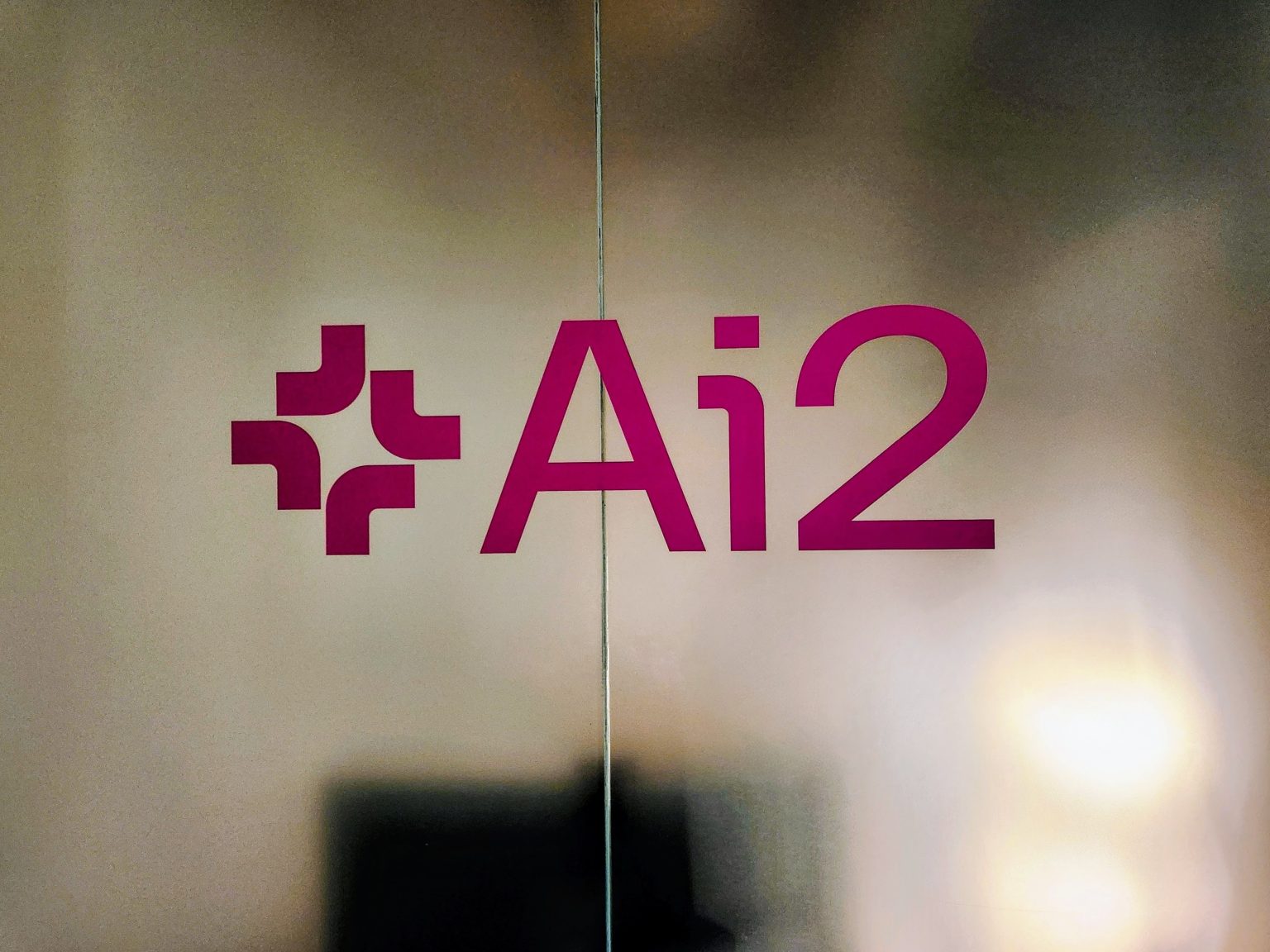Summary of Collaborative Efforts in Accelerating Cancer Research via Artificial Intelligence
The Allen Institute for AI (Ai2) in Seattle, led by lead CEO Ali Farhadi, has announced a partnership with Google Cloud. Both companies have committed $10 million in resources to the "Cancer AI Alliance," a collective effort involving four major cancer centers: Fred Hutch Cancer Center, Dana-Farber Cancer Center, Memorial Sloan Kettering Cancer Institute, and Johns Hopkins University. This collaborative project aims to utilize AI technology to enhance cancer research, with the ultimate goal of creating a novel AI infrastructure that supports model training and deployment across institutions, while ensuring data security and privacy standards are maintained for patients.
The Cancer AI Alliance was officially introduced in October 2024 as a joint venture by these four cancer centers. While the specific commitment details have not been disclosed publicly, the initiative is framed as a real-world challenge requiring customized and domain-specific AI models. The project is supported by substantial financial backing, including over $40 million from AWS, Microsoft, NVIDIA, Deloitte, and Slalom. Its mission is to analyze large volumes of cancer data through AI infrastructure, fostering collaboration among cancer researchers, medical professionals, and AI technologies.
Between 2024 and 2025, the Cancer AI Alliance is set to launch its initial research results, with a governing committee bearing the directive. The long-term vision is for the initiative to grow to a dollar figures of $1 billion, reflecting the growing potential and prominence of AI in advancing cancer research. This ambitious goal underscores the potential of integrative AI solutions in addressing the profound societal and scientific challenges posed by cancer.
Ali Farhadi, the CEO of Ai2, highlights that the Cancer AI Alliance is not about immediate security or regulation but a step toward solving the problem of over-reliance on siloed research. He suggests that any tangible impact will require significant innovation and taking calculated risks, emphasizing the importance of tailored AI models to address the unique challenges each cancer center faces.
The partnership combines the strengths of both corporate and academic institutions, showcasing the transformative potential of collaborative efforts in acquiring digitized medical information. By addressing a life-sustaining issue, these collaborative ventures demonstrate how AI can然是 a tool for societal purpose, offering a pathway toward a more data-driven and equitable future.














